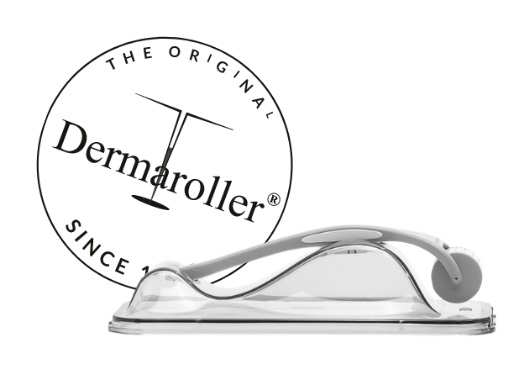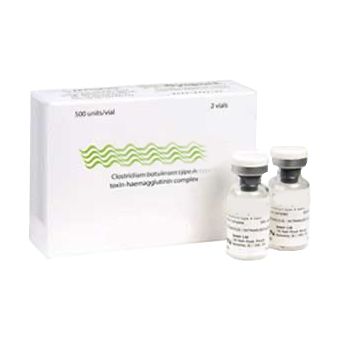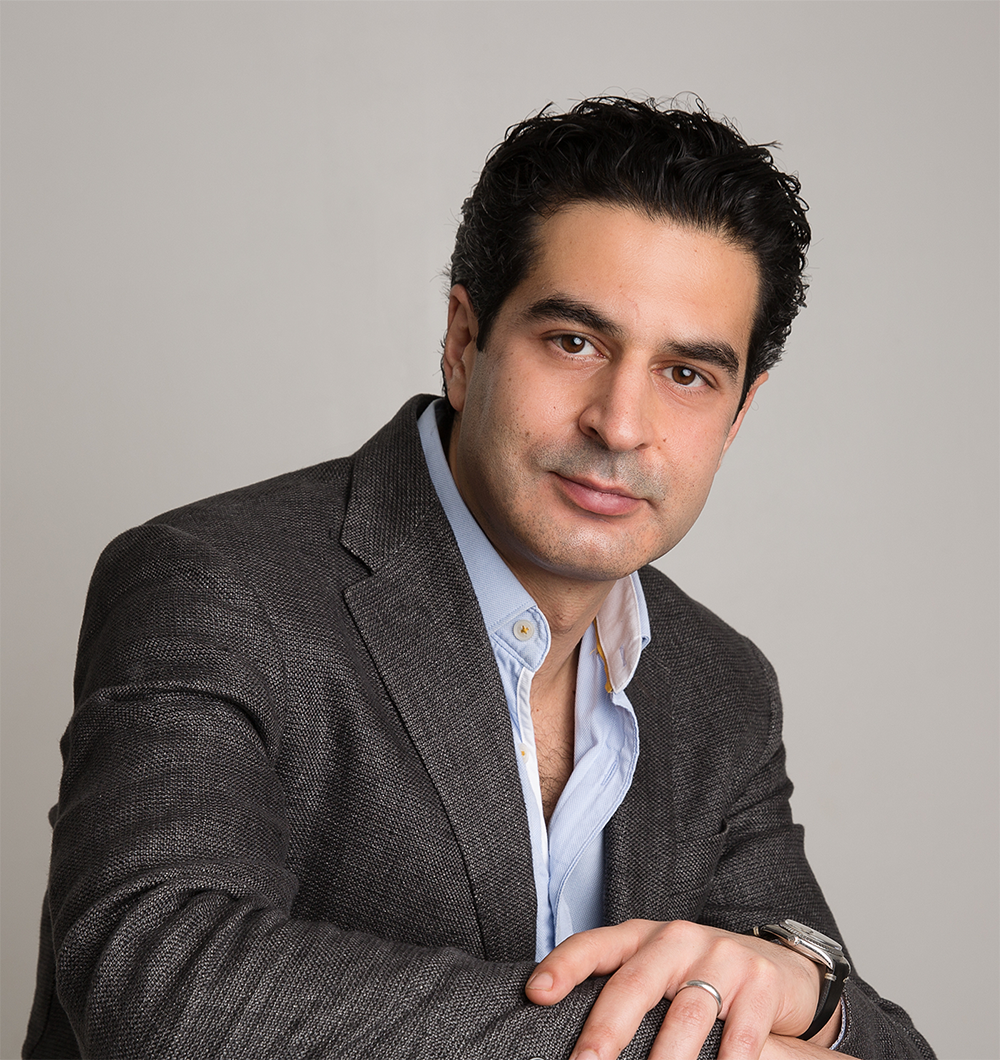About the Course
Course Summary
Understanding the psychological drivers that lead a
patient to seek aesthetic treatments is a vital element in providing that
patient with the correct medical advice and intervention.
The aim of
aesthetic medicine can be described as improved physical appearance in the
pursuit of psychological benefit. Patients seeking aesthetic treatments may be
less physically vulnerable but are very often more psychologically vulnerable, and
a thorough assessment of motivation and expectation is an essential part of the
consultation and consent process. Patient satisfaction in aesthetic medicine is
highly subjective and based on psychological benefit following treatment.
Wigmore
Medical has partnered with Dr Louay Azoo to offer training on this very
important and often overlooked subject within medical aesthetics. This 2-hour online
course is designed to provide practitioners with the know-how and confidence to
understand their patient’s motivations and deliver safe and effective
treatments.
Split into
three sections, this CPD certified course will cover the Psychology of
Aesthetic Patients, Dysmorphia in Aesthetics and Psychiatric Disorders in
Aesthetics.
Part 1 – Psychology
of Aesthetic Patients
The first section of this training will discuss the
psychology of patient motivation, expectation and satisfaction with the aim of
improving aesthetic clinicians’ understanding of these aspects of the treatment
process. A good psychological formulation will strengthen the
professional-patient relationship, reduce dissatisfaction and lead to a better
prognosis. It is a skill required of all aesthetic professionals that will lead
to improved treatment outcomes and increased patient retention.
Part 2 –
Dysmorphia in Aesthetics
This section will be focusing on Dysmorphic Disorder
(BDD), or dysmorphophobia, and the associated considerations for the aesthetic
clinician. BDD is the persistent preoccupation with a slight or imagined defect
in appearance that leads to significant distress and impairment in daily
functioning. Applying BDD diagnostic criteria to modern-day patients interested
in aesthetic treatments can be difficult. The first part of the diagnostic
criteria, that an individual is preoccupied with a “slight” or “imagined” defect
in appearance, could be used to describe the majority of aesthetic patients.
Part 3 – Psychiatric
Disorders in Aesthetics
This final section will discuss the importance of recognising
psychiatric illness and challenges of treating patients with mental health
difficulties in the aesthetic clinic. We will identify important psychiatric
conditions presenting to aesthetic clinics including BDD (and new variations
such as Zoom dysmorphia), eating disorders and types of personality disorders
including an overview of diagnostic features and considerations for the
aesthetic clinicians. The aim will be to improve the aesthetic clinicians’
ability to recognise and offer appropriate advice and management to patients
with mental disorders presenting to their clinics.
Attendees of this training will gain a solid
understanding of how to assess their patients and incorporate the recommended evaluation
process into their own practice, ensuring that they offer the right support and
treatments for the individual patient.
Key Learning Objectives
·
Understanding patient motivation and expectation
·
How to reduce patient dissatisfaction and increase
patient retention
·
Signs that a patient may be psychologically
unsuitable for treatment
·
Recognising
psychiatric illness and the relevant diagnostic features
· Zoom dysmorphia and relevance in aesthetic clinics
· How to screen for BDD and suggested management
·
Effects of
botulinum toxin and other aesthetic treatments on emotional state
·
Understanding the
medical model and how to incorporate into your clinic
Who can attend this training?
This training is suitable
for all aesthetic practitioners.
How will you be assessed?
The
trainer will share a multiple-choice questionnaire at the end of the training,
which must be completed and returned to training@wigmoremedical.com
Delegates
must pass with at least a 75% pass mark in order to receive their CPD certified
training certificate.
Why should you attend this training?
Led by Dr Louay Azoo, a
practicing aesthetic doctor and psychiatrist in the NHS, this course provides a
comprehensive introduction to the psychology of aesthetic patients in the
context of medical aesthetic treatments. This is a vital training course for
any aesthetic practitioner looking to protect their patients’ well-being and
improve treatment outcomes.
 Training Policy for delegates
|
Training Policy for delegates
|
 Covid-19 Privacy Policy
Covid-19 Privacy Policy

Added to basket


 Unapplied Changes
Unapplied Changes


















 14 May 2025
14 May 2025
 Dr Louay Azoo
Dr Louay Azoo
 Virtual Training
Virtual Training 
